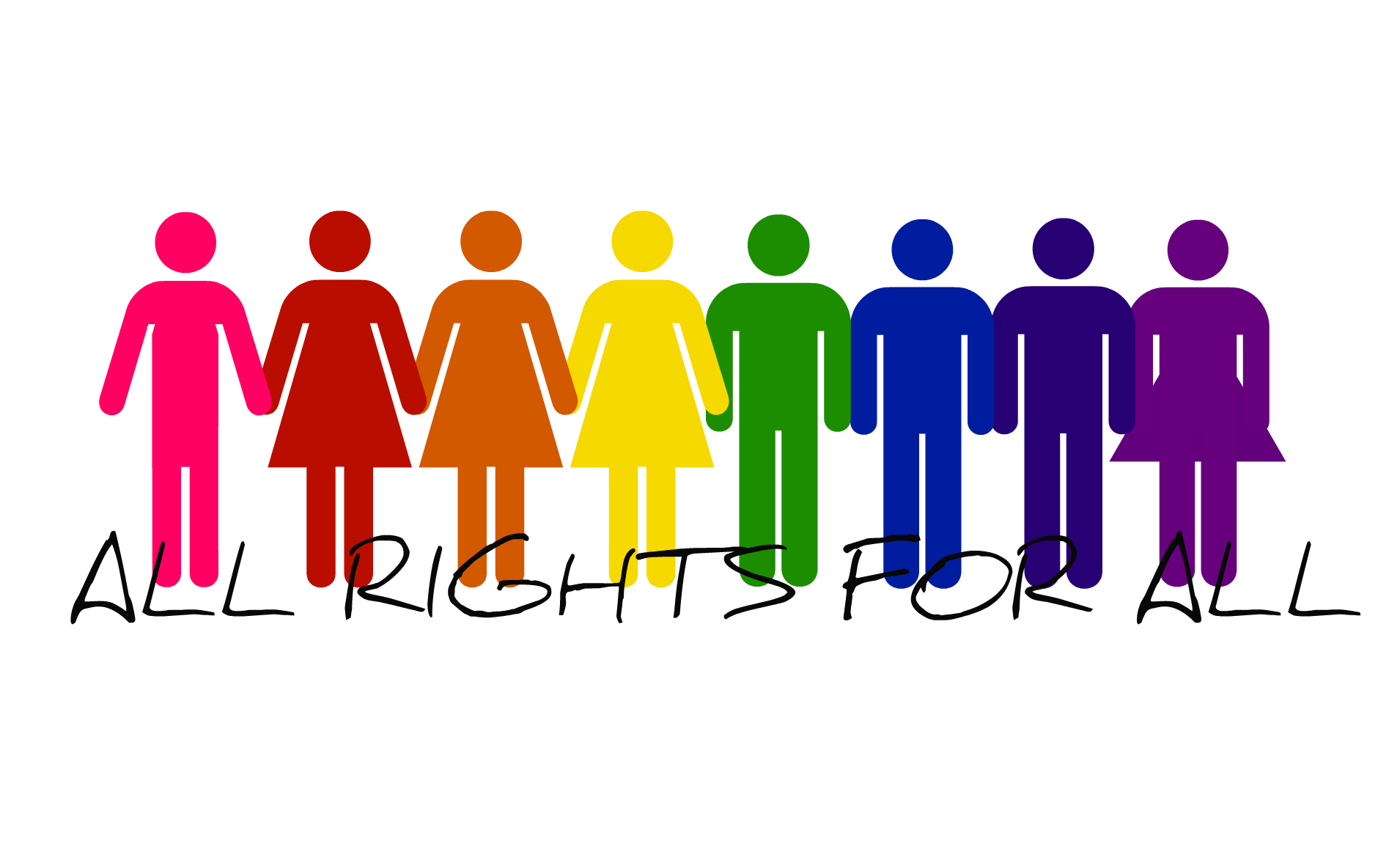Originally published on www.huffingtonpost.co.uk
For a while now we've been seeing updates in the press regarding the crack down on film and music piracy, as some apparently god awful people have been allowing others to share files on the internet in order to listen to new albums and view the latest cinema releases for free.
Now as we all know music and film piracy is wrong, I mean who can forget the adverts at the beginning of any number of DVDs, Blu-Rays and if you can remember them VHS tapes warning of the dangers. After all it is a crime and crime is wrong, but after a recent trip to the cinema I can almost see where some people are coming from.
A few weeks ago me, my partner and another couple decided to go see the revamped 3D release of the new Texas Chainsaw Massacre, which is just another way of milking money out of a film that has been rehashed and re-released several times since the 1970s. Before we began our trip we assumed that a taxi there, food and a ticket should cost around £25, which is still a rather large sum of money for two people. This however was only a fraction of what the actual price was, because upon our arrival we discovered that for four tickets the price almost totaled at £50, not including anything else. Surely that can't be right? It's no wonder the Internet is now filled with websites offering free film streaming and free downloads.
Now I'm not advocating illegal downloading in any way, shape or form, but given the current economic climate where most people can barely afford to buy the bare essentials such as food and drink, you can almost see where they are coming from.
Lets look at it this way, we are constantly told that these films cost millions and millions of dollars, pounds or what ever other currencies there are to make. We are then informed about the vast sums of money these films make at the box office along with the umpteen numbers of records they've broken. I mean you would have had to have been living under a rock for the majority of last year to not know that The Avengers grossed over a billion dollars at the box office, and it's no wonder when a ticket costs around £10 a pop.
It appears that the film companies, and the cinemas for that matter have no idea just how extortionate these prices are (or maybe they do.) It feels like they don't realise that most people can't afford the prices they are charging in order to go to the cinema, therefore more and more people are turning to a 'life of crime' in order to obtain films to get some release from the hardships of day to day life.
The whole situation is quite a sad state of affairs when you think about it. Due to the greed of these companies, the general public are getting criminal records and ripped apart in the press because of a simple want of escapism, which was once a very affordable thing to do, and in the current world situation is clearly something they need. In turn because of this greed, which is turning people to a life of piracy, the film and retail industry is also suffering. Maybe they only have themselves to blame?
I haven't hopped aboard the Internet's version of the Jolly Roger to begin a life of piracy, but have instead decided to wait for the DVD release of any film I want to see in the future, as it'll cost the same price (and in some cases less) and I can watch it over and over again at my hearts content.









